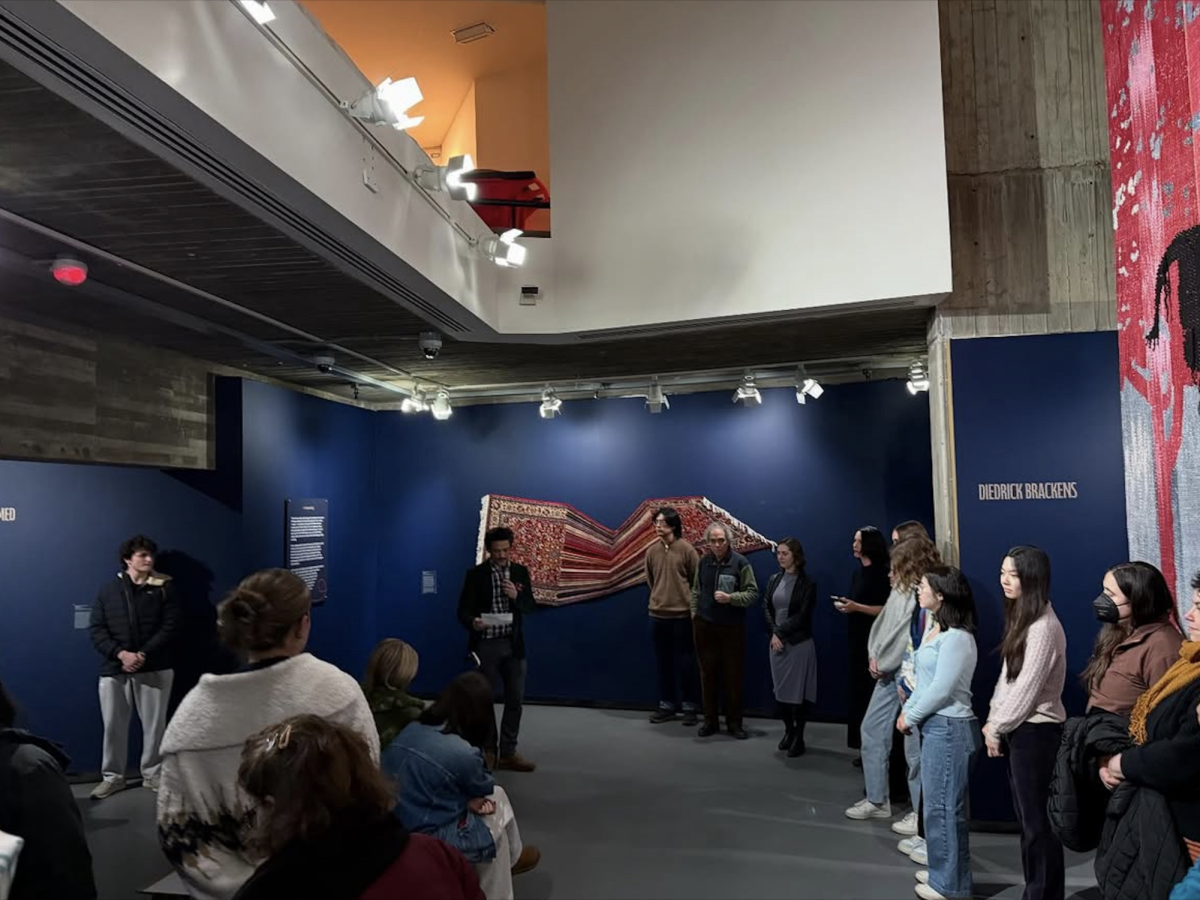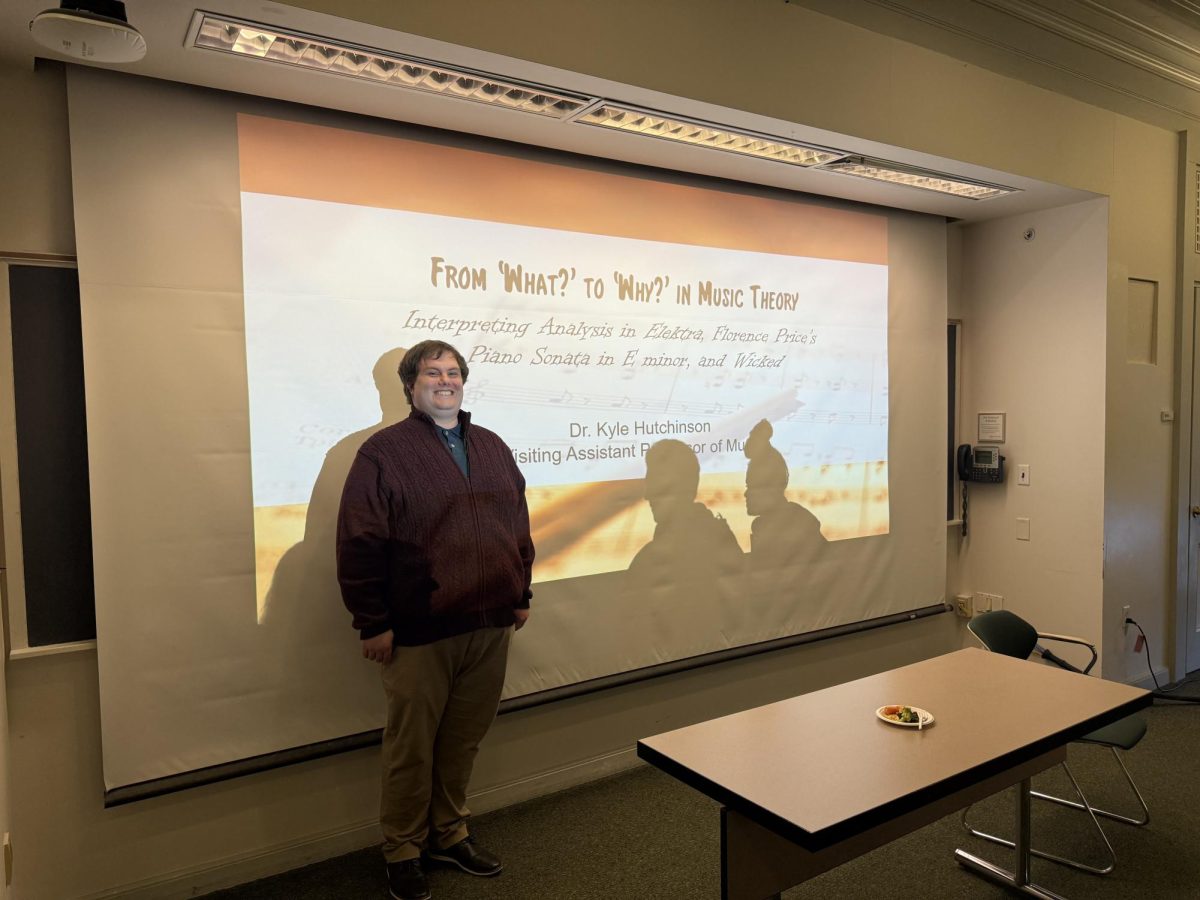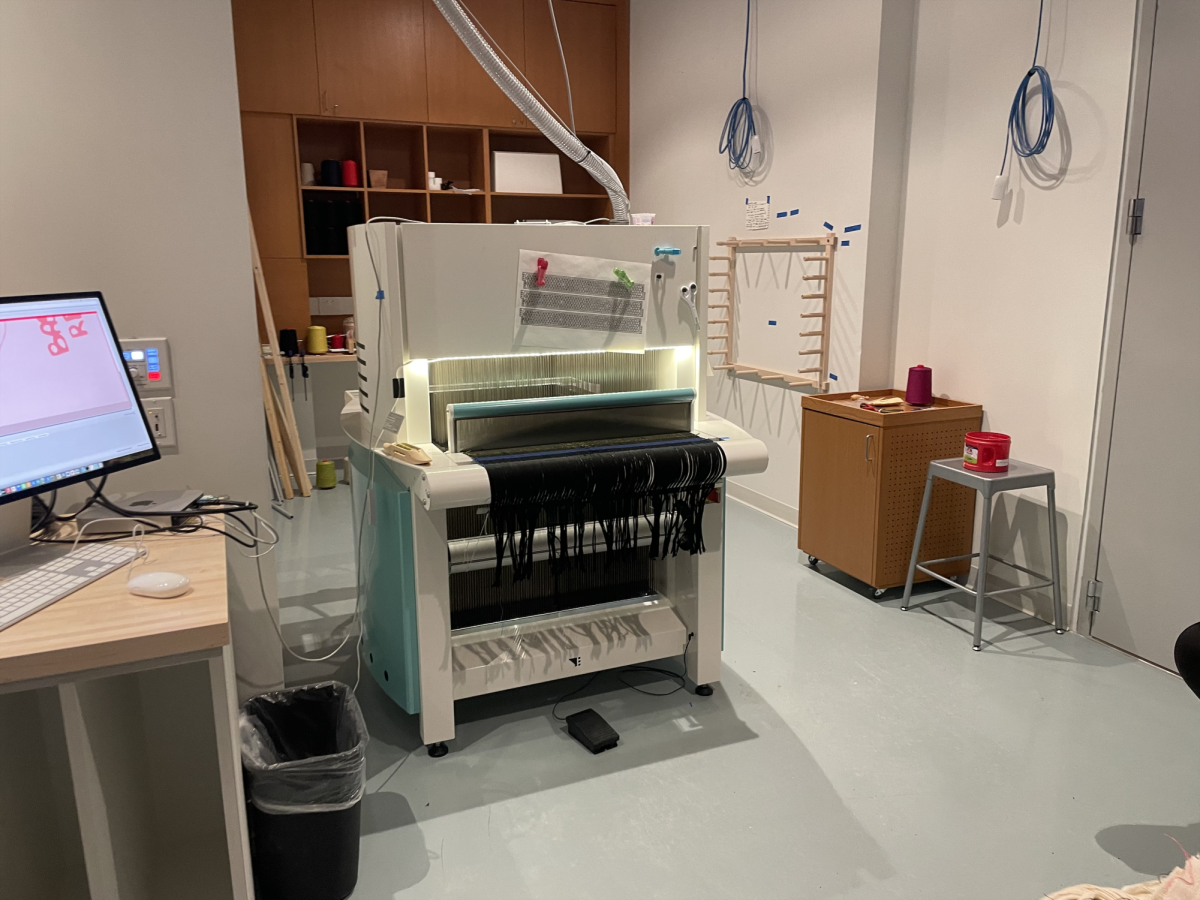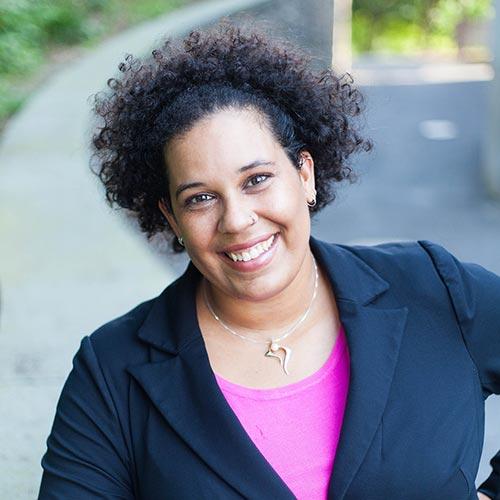For Colgate University senior and computer science major Saran Duncan, research was a natural next step in her academic career. A combination of academic and interpersonal discourse regarding Artificial Intelligence (AI) in the modern day prompted her application to the lab of Assistant Professor of Computer Science Forrest Davis, where she currently works as a research assistant.
“Initially, I looked on the employment portal, and I saw [Davis had] posted a bio in the comp-sci department. I had taken a class before about AI ethicsm — and that’s basically what his research is on — so I figured I’d apply,” Duncan said.
Despite its small size, Davis’ lab is committed to conquering the goliath of computer science research that is AI use and ethics. Specifically, Duncan and her research partner are beginning to unveil patterns of AI use in government, both at the state and federal level.
“We’re studying how AI is used to issue government benefits, and we’re focusing specifically on New York state. We just started the research, so […] we’ve been combing through different literature reviews and different government websites [for data],” Duncan said.
Ever-devoted to the scientific method, Davis and his research assistants are amassing information from a variety of scholarly sources.
“We just had our first official team meeting last week, and [Davis] found a bunch of different articles and findings on tech [impacting] workers and workers’ benefits; we’ve been […] trying to find trends, or whatever stands out to us about how [this tech] is impacting people,” Duncan explained.
While the expanse of data may initially seem overwhelming, Duncan and her lab-mate are beginning to parse together a narrative of AI use, guided by AI’s tangible impact on New York workers.
“We’re trying to find different trends and map them out, to kind of find the root of the problem, or else [identify] the challenges being experienced with AI that’s used in government policy,” Duncan said.
Duncan describes her research as being relevant not only for identifying areas of AI misuse but also for promoting a resolution.
“For me, long-term, I would hope that we are able to develop some type of a system […] to mitigate the challenges [posed by AI] in government work,” Duncan said. “[AI] is something that I find really interesting, so I think if I can work in a field […] that helps with AI ethics, I would definitely do that. Honestly, because of how AI is growing, I’m not even sure if I would be able to escape [AI research] if I tried.”
But even a week’s worth of data collection has proved eye-opening in its own regard; Duncan’s research on a relatively niche area of study has revealed issues of large-scale and systemic importance.
“It’s also interesting to learn about the dependency on AI within the government because I didn’t know the dependency was so high until I started doing this project,” Duncan said.
Duncan’s experience in Davis’ lab has emphasized the value of undergraduate research, which she highlights as one of Colgate’s unique opportunities. While she acknowledges the often daunting nature of student research, Duncan nonetheless urges students to initiate a conversation about their interests.
“I would definitely say speak to a professor who you have taken a class with or who you know is doing research that you might be interested in. Whatever you’re interested in, you can start a conversation, where, you never know: that professor might think your idea is really interesting and help you start a research project,” Duncan advises. “Colgate encourages students to do research, so any idea you have, even if it’s something a professor isn’t working on, can [turn into] a research project.”


















